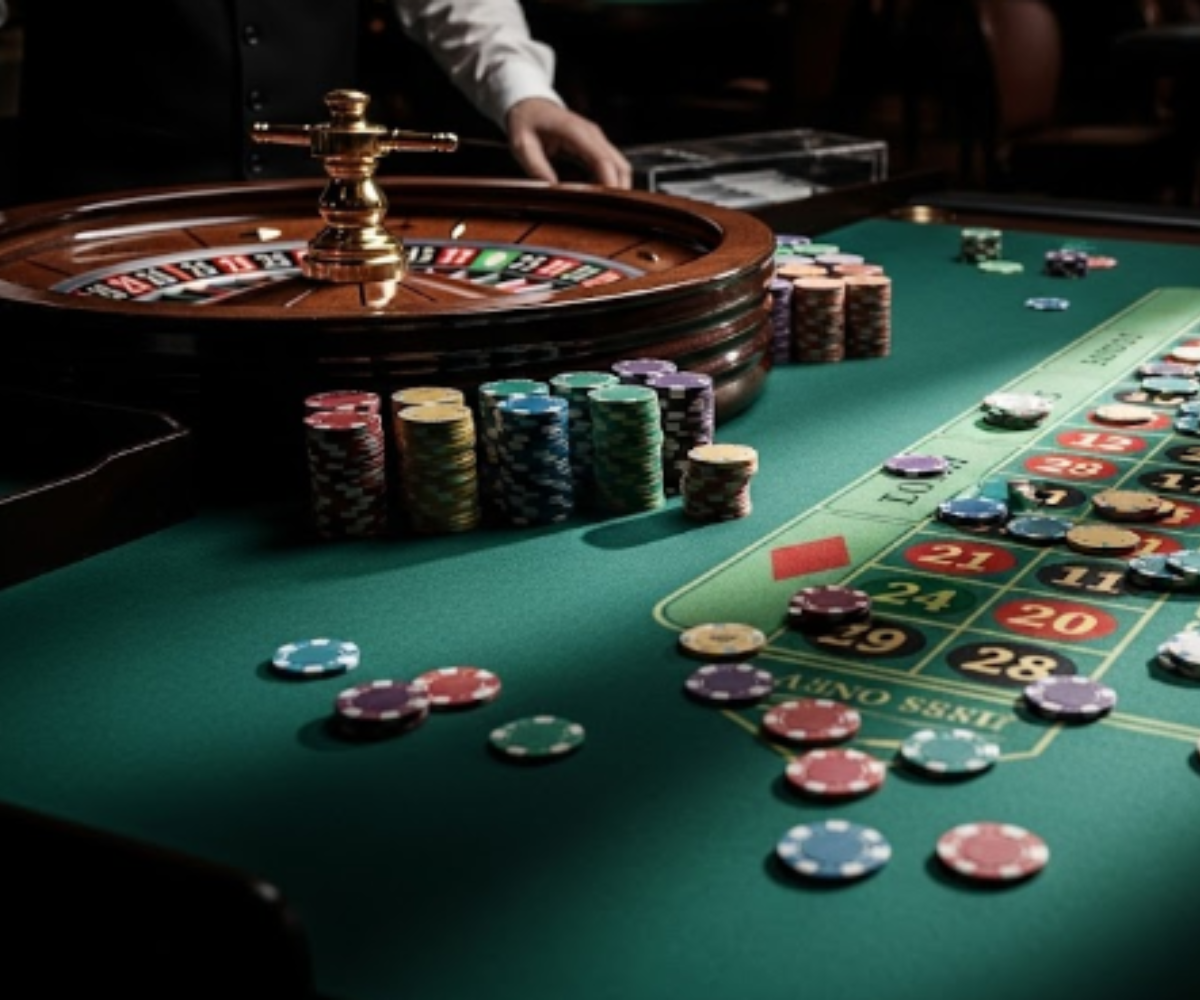Superstitions are an integral part of gambling culture, with many players believing that certain rituals, objects, or behaviors can influence their luck.
Among the myriad of superstitions that exist, one of the most common is the belief in "lucky numbers." This superstition manifests in various forms, but it primarily revolves around specific numbers that gamblers consider fortunate or unlucky.
The Significance of Lucky Numbers
Different cultures have distinct beliefs regarding lucky and unlucky numbers:
- In Western Culture: The number seven is often regarded as a lucky number, frequently associated with good fortune in games like roulette and slot machines. Conversely, the number thirteen is widely viewed as unlucky, leading many gamblers to avoid bets involving this number.
- In Chinese Culture: The number eight is considered extremely lucky because it sounds similar to the word for "prosperity" or "wealth." Gamblers often seek out bets involving eight or incorporate it into their strategies. On the other hand, the number four is seen as unlucky due to its phonetic similarity to the word for "death."
Psychological Underpinnings
The belief in lucky numbers is rooted in psychological phenomena such as confirmation bias and illusory correlations. Gamblers tend to remember wins associated with their lucky numbers while overlooking losses. This selective memory reinforces their belief in the power of these numbers, even when statistical evidence suggests that outcomes are random.
Read: How Big is The Gambling Market in America
Rituals and Routines
In addition to lucky numbers, many gamblers engage in rituals or routines that they believe will enhance their luck. For example:
- Wearing Lucky Clothing: Some players have specific outfits or accessories they wear when gambling, convinced that these items bring good fortune.
- Touching Objects: Rituals may include touching a lucky charm or blowing on dice before rolling them, reflecting a desire for control over unpredictable outcomes.
The Gambler’s Fallacy
Another common superstition among gamblers is the Gambler's Fallacy, which leads individuals to believe that past outcomes influence future results. For instance, if a player experiences a series of losses, they may feel that a win is "due" soon. This misconception can lead to irrational betting behavior and increased risk-taking.
While there are countless superstitions among gamblers, the belief in lucky numbers stands out as one of the most prevalent. These beliefs provide psychological comfort and a sense of control in an environment where outcomes are inherently uncertain. Understanding these superstitions can offer insights into gambling behavior and highlight the complex interplay between psychology and chance in the world of gaming. Whether it's avoiding thirteen or embracing eight, these superstitions continue to shape the experiences of gamblers around the world.







%20(1200%20%C3%97%20232%20px)%20(9).png)











